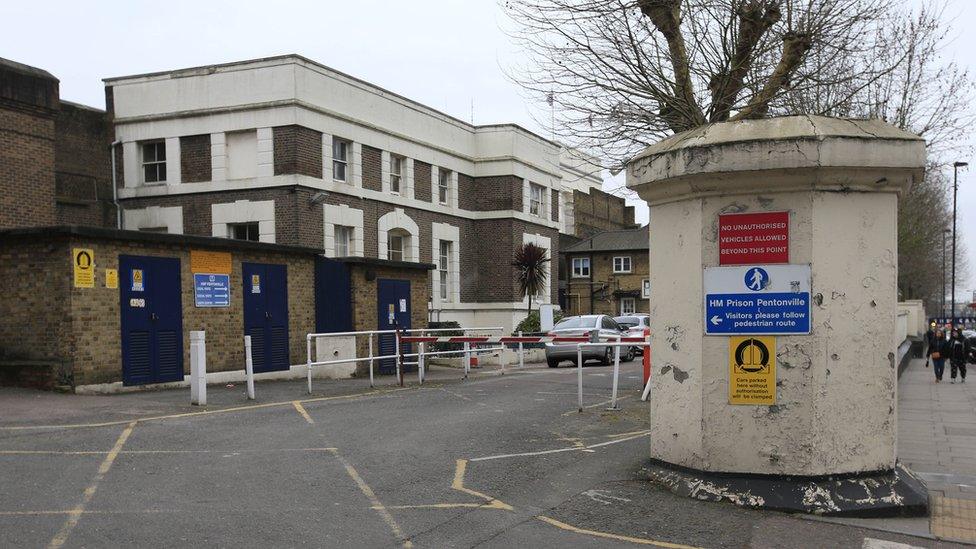How tea and cheesecake are helping young inmates
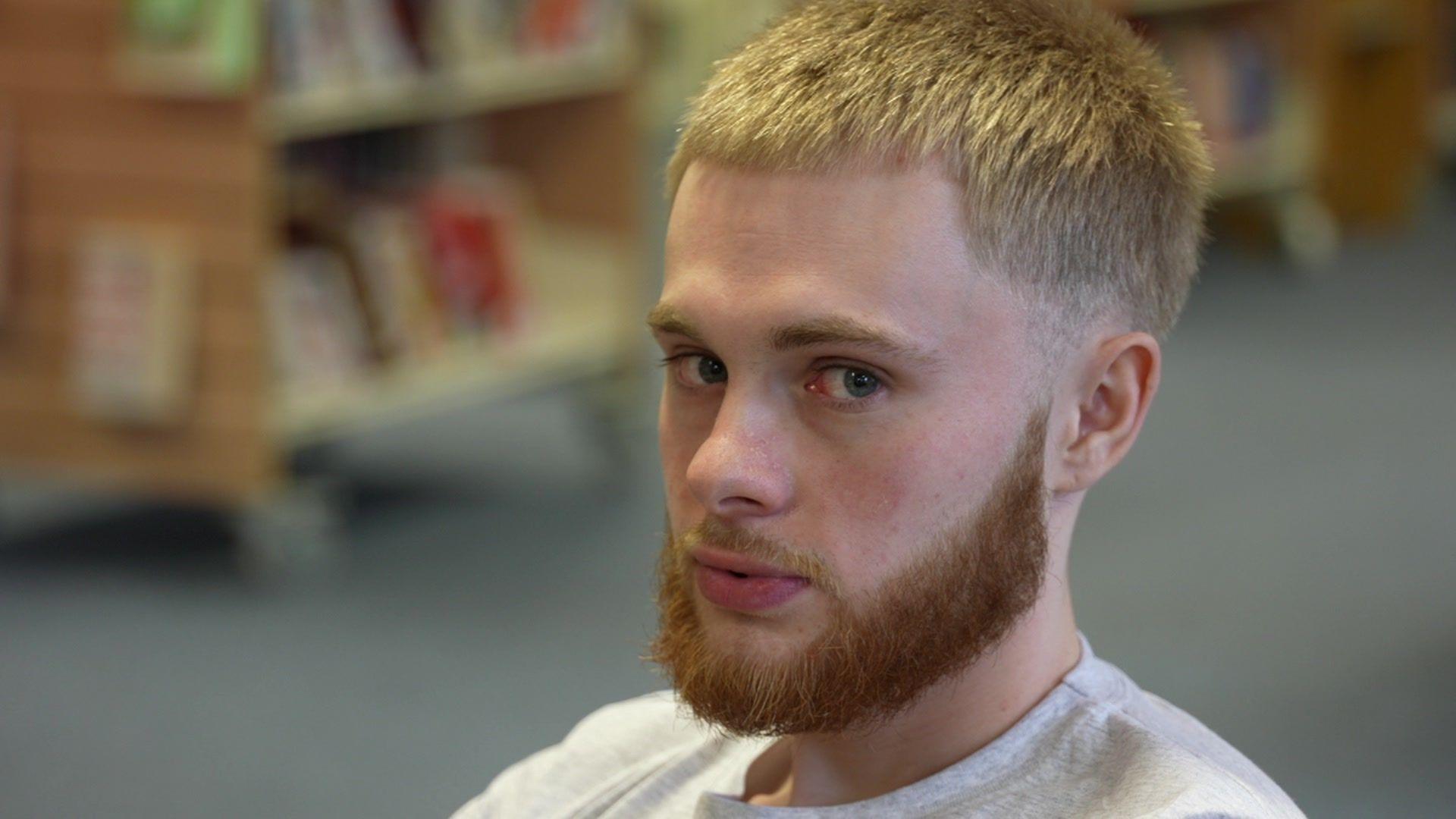
- Published
The Duke of Edinburgh (DofE) awards at HMP/YOI Pentonville in north London are now in their third cohort since beginning in 2023, with 32 young inmates about to receive their bronze and silver medals. BBC London went to see how it is going.
While one dedicated DofE award hopeful delicately places raspberries on to a cheesecake as the finishing touches, another makes a pot of tea, politely asking all the guests how they like it.
But this is not a normal afternoon tea. We went through a labyrinth of bolted doors to get to this kitchen and in the corners of the room, officers with jingling keys are looking on.
Inside Pentonville, Morgan, 21, and Mo, 24, are two young offenders hoping that the skills they learn with the award - such as cooking, literacy, sports, mental health education and leadership skills - will help turn their lives around when they are back on the outside.
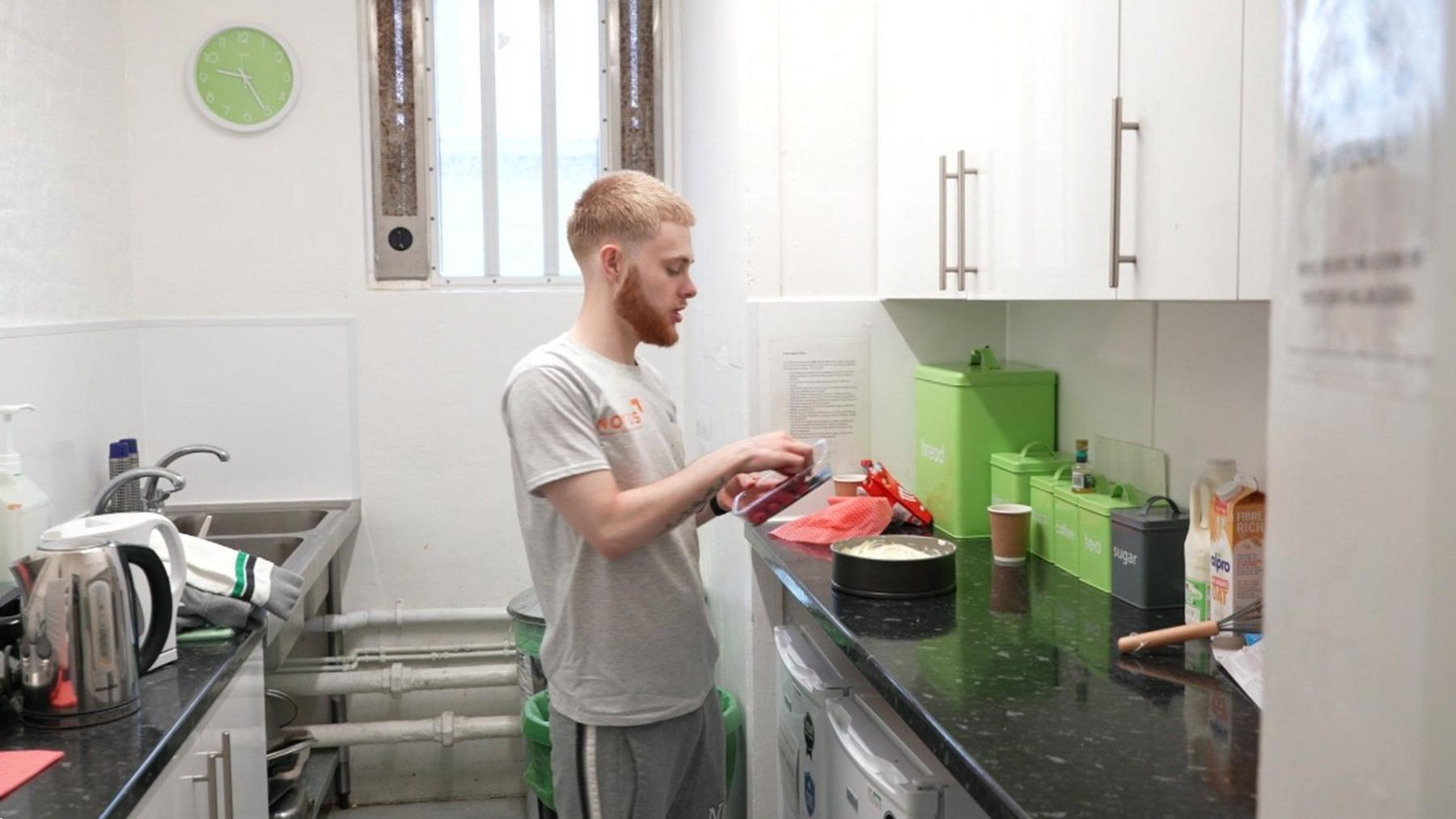
Morgan places the finishing touches to his cheesecake
Teenagers at school are typically the candidates for DofE, which sees them completing extra curricular activities for a more well-rounded skillset before leaving school. It's been running in prisons since 2021 and by the end of next year, it is expected to have expanded to 40 prisons across the country.
Morgan and Mo are both serving time for non-violent drugs offences and although they appear relaxed, articulate and friendly when they chat to us on the sofa in the prison library, they say they have come a long way to even get to a position they would be able to do this.
They tell us that for many of them doing the award, it has been the first time in their lives they feel they have had an opportunity to achieve anything at all, even something that to many would seem to be an everyday task, such as making a cheesecake.
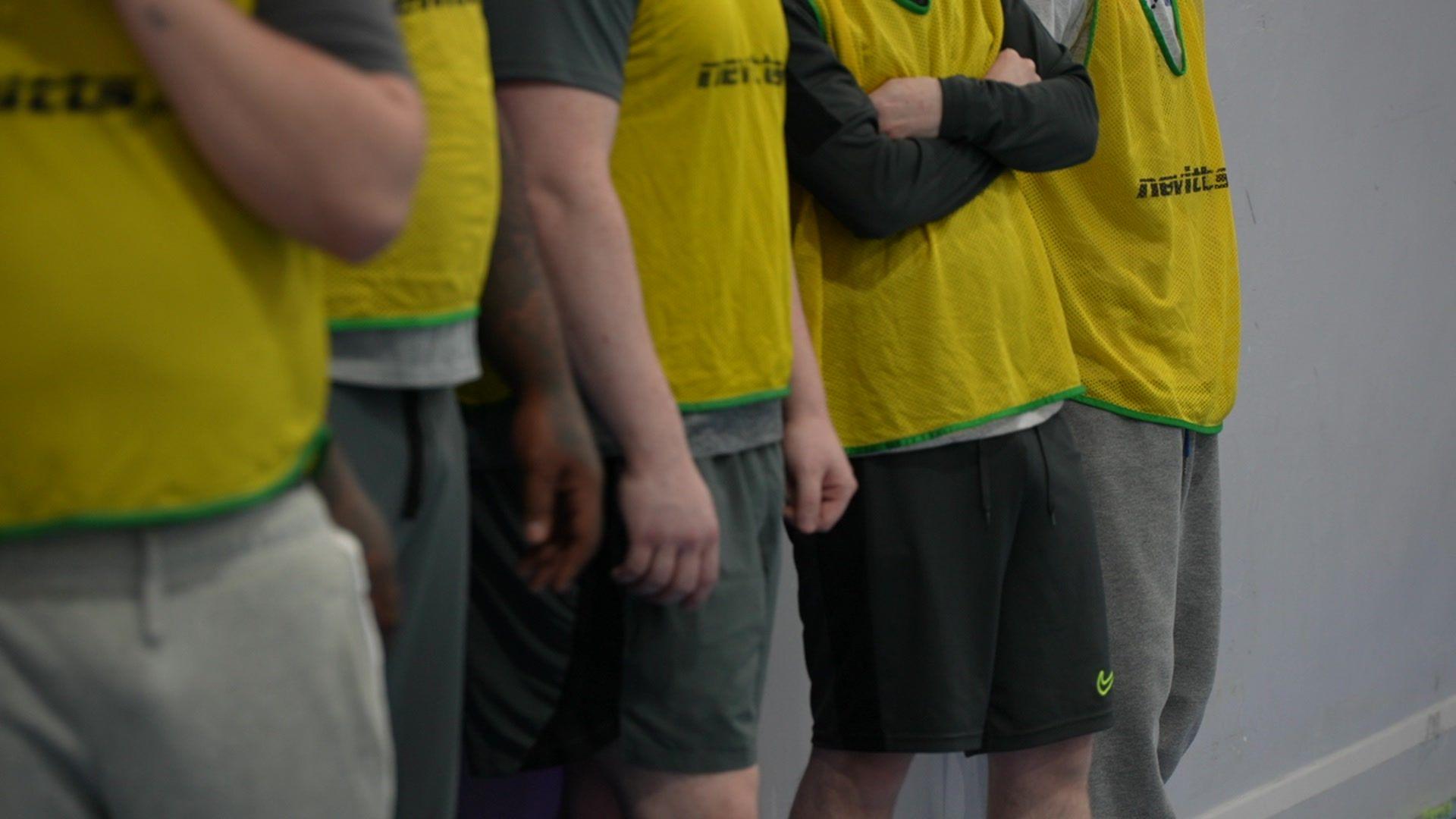
HMP/YOI Pentonville has been running the DoE course since last year
It's not Morgan's first on the wrong side of the law, but he's determined this will be his last.
"I'm only really used to crime, even environments like this [the library], I'm not used to, this room speaks volumes, it's crazy and it's something I've never done before," he says.
"If I'm being totally honest, I only signed up as a way of getting out of my cell, but as time went on I saw for what it was, I started to enjoy it. It's opened a lot of doors and it's opened my mind."
Mo added: "It's been a good journey, there's been skills that we've been allowed to do like football and cooking that you wouldn't be allowed to do as a normal prisoner so Duke of Edinburgh has been opening doors for us.
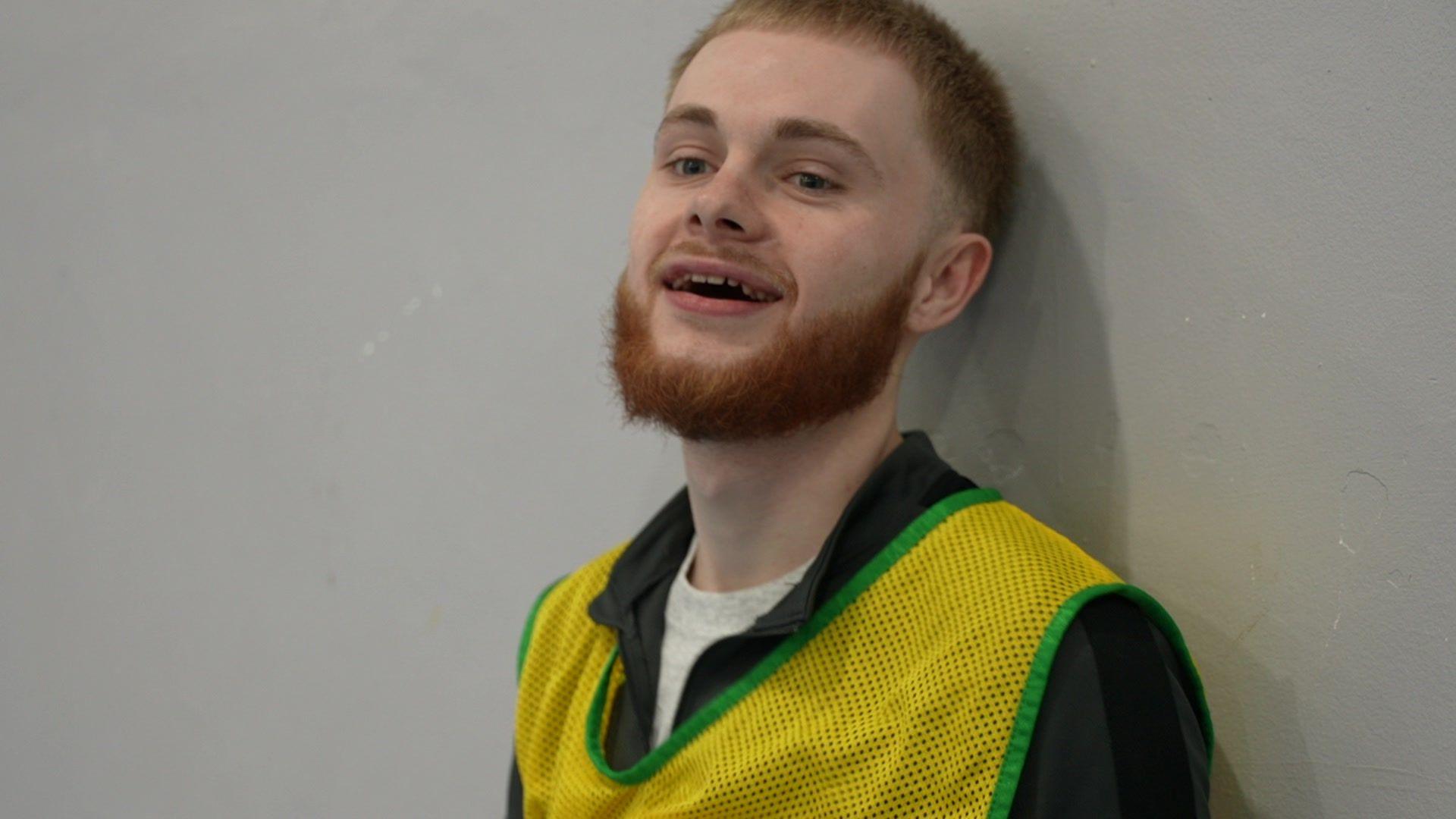
Morgan said learning to how present himself was a vital skill he did not realise he needed
"Rather just being in cell, I'm on a path, I'm rehabilitating and I'm changing my life."
Prison teacher Elizabeth Dear, who is the force behind the project, tells us that it was the only prison class that had 100% attendance, at another prison she worked at.
As such, she was determined to make it an option for the young offenders at Pentonville, which is now on its third cohort since March 2023.
What makes it unique, she says, is that the prisoners can choose their own topics, they are not regular school subjects and it gets them doing practical things and that have real-life uses.
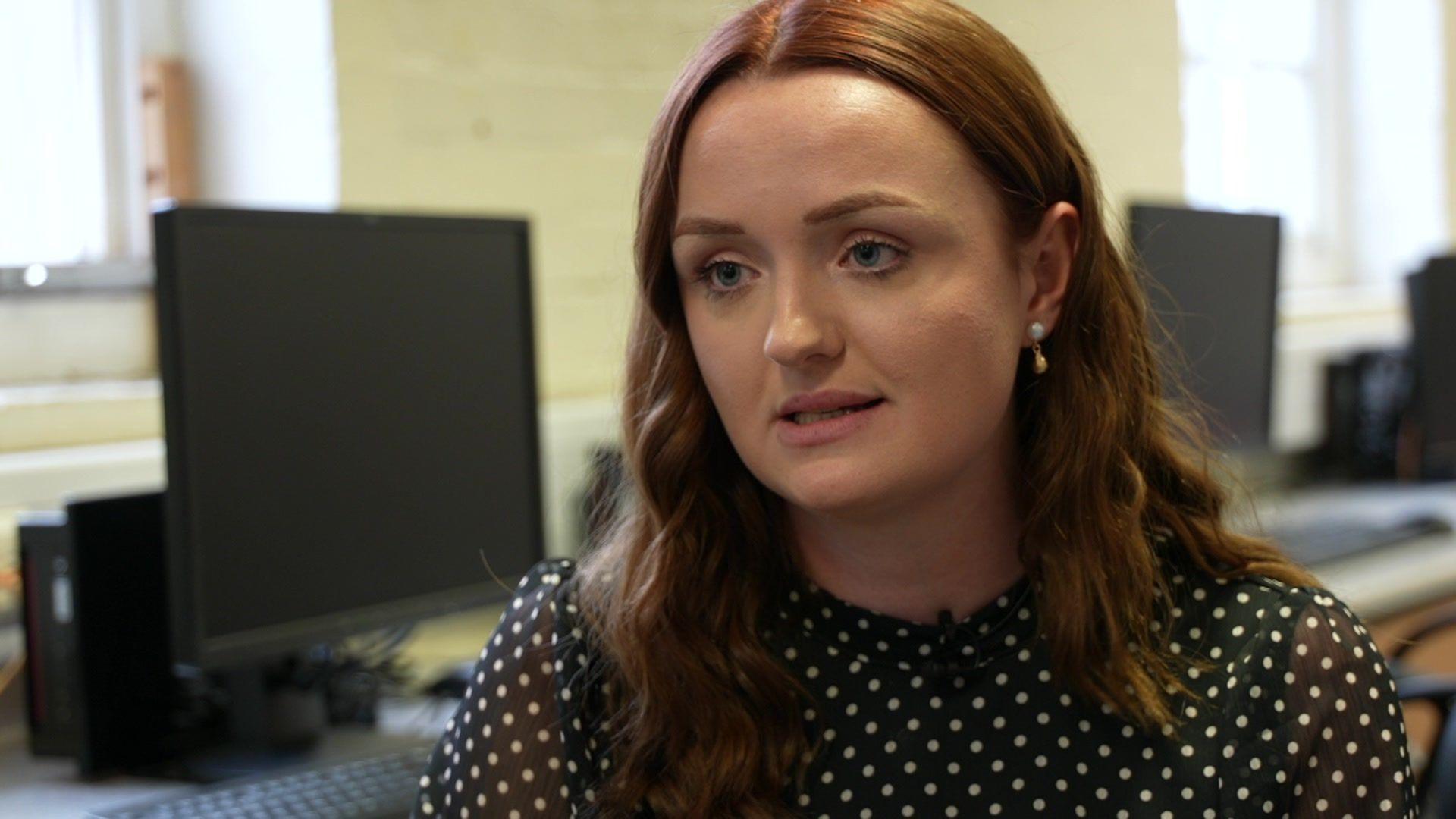
Elizabeth said the project also proved a success at another prison she worked at
"The best part of it is the individualisation of it, in prison there aren't that many choices that you get to make every day that are your own, so the fact that you can choose your skill and where you volunteer," she explains.
"It's so important for these guys to have that freedom of choice and to feel like they are in control of what they're learning and they can do something they are genuinely interested in."
For Morgan, learning to how present himself was a vital skill he didn't previously realise he needed.
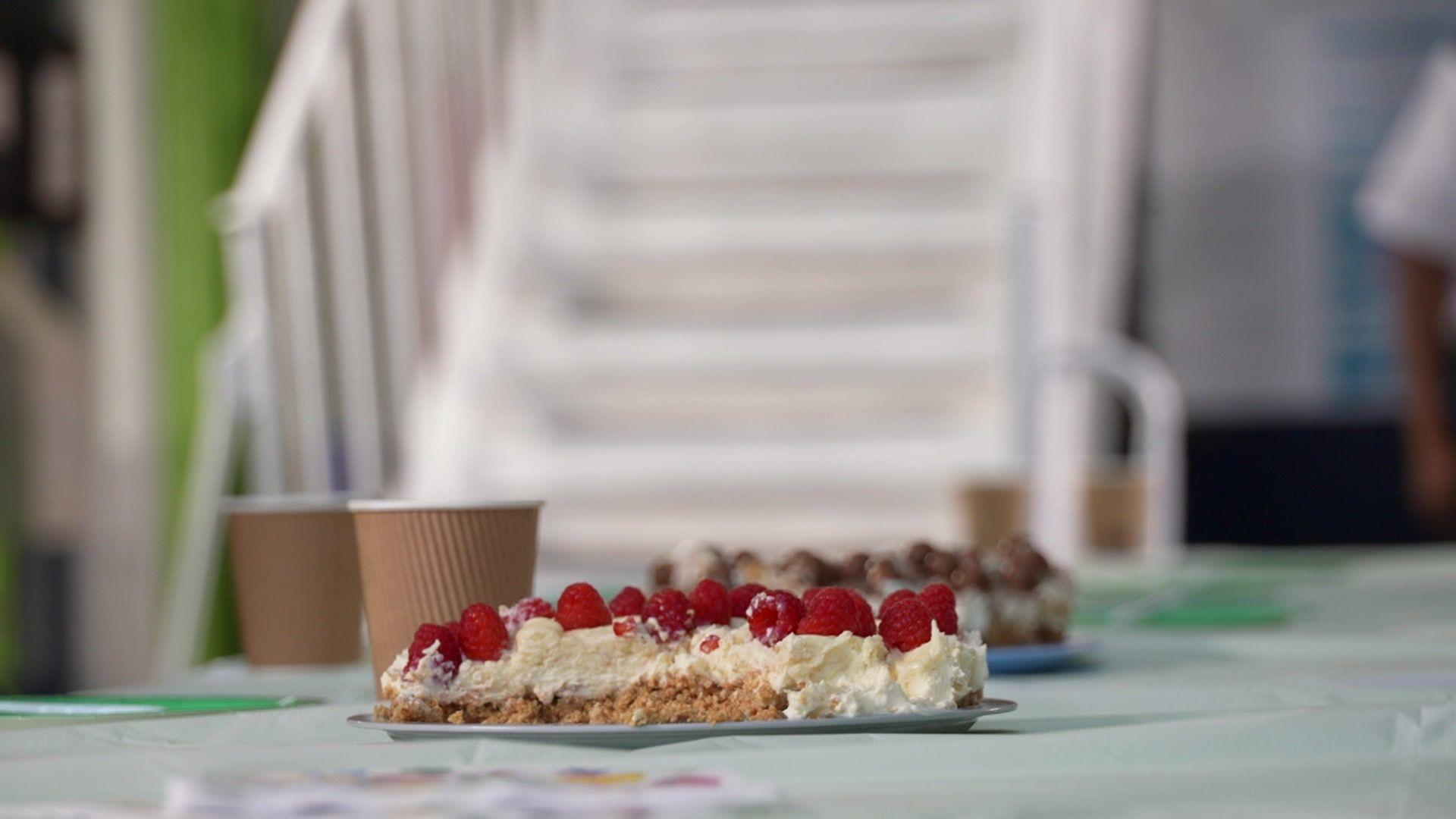
The cheesecake was prepared by inmates working towards their bronze and silver awards
He explained: "You've got to learn how to conduct yourself and change your vocabulary - how to speak, act in different environments.
"I didn't always speak like this, a lot of the time I used words that people don't understand.
"A lot young people have no people skills, the way they speak to officers, the way they come across seems rude and that just creates a clash.
"After doing this, I have seen young people that now know how to talk and approach people.
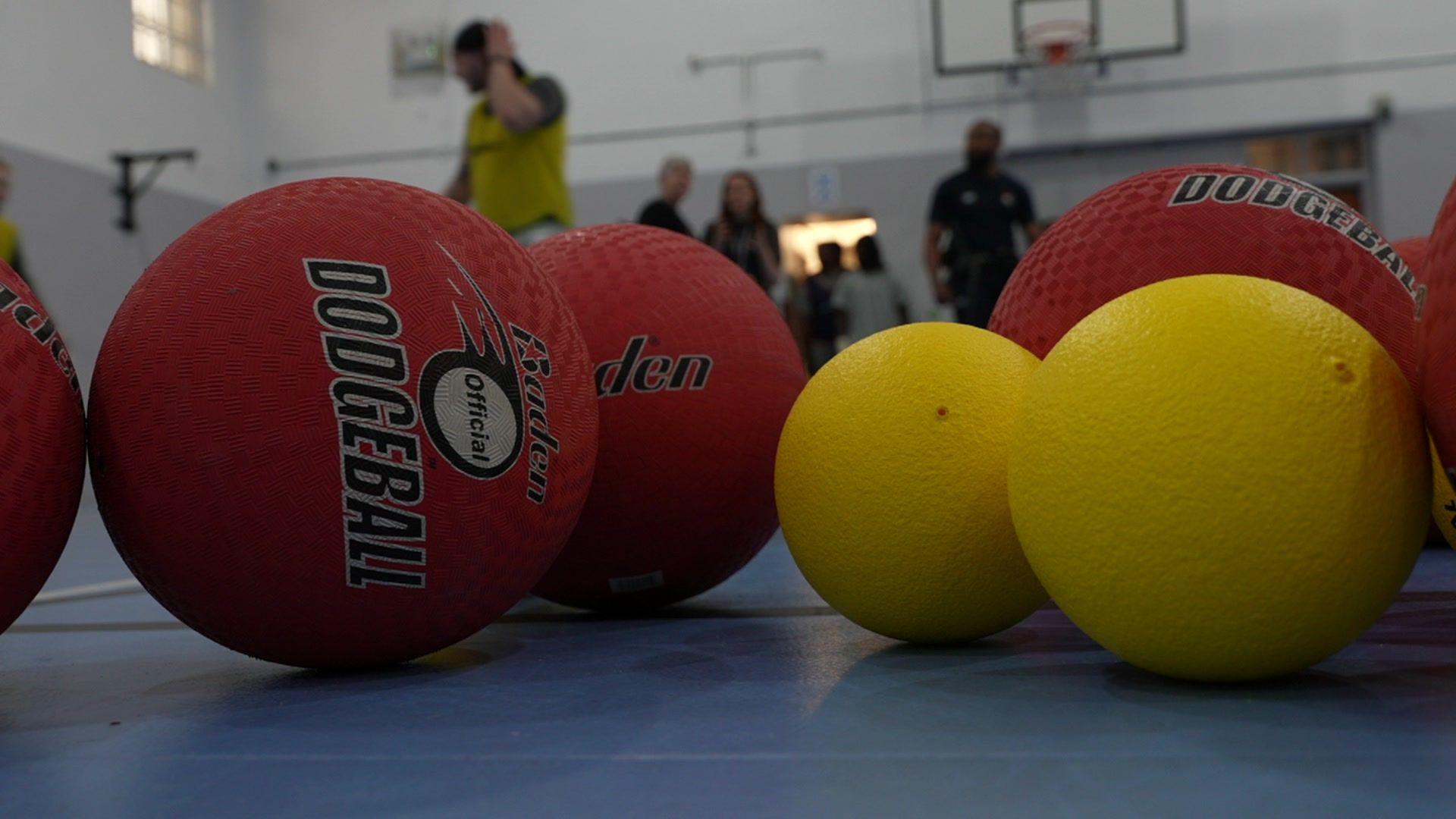
The inmates have also been learning how to play sports
"It's helped them go a long way in here and I can only imagine how much this would help them on the outside too. It's the teamwork that helps so much too, picking skills up from other people."
He added that the support inside was vital to their success outside and stopping the cycle of reoffending.
"A lot of people leave prison and come straight back because they are not given the opportunities to really better their lives. It starts here," he says.
"There's no support on release, so if you're not helping people in here and they are not going to know what to do when and navigate life afterwards and put a plan together and make the right decisions when they get released."
Listen to the best of BBC Radio London on Sounds and follow BBC London on Facebook, external, X, external and Instagram, external. Send your story ideas to hello.bbclondon@bbc.co.uk, external
Related topics
More on HMP Pentonville
- Published6 April 2023
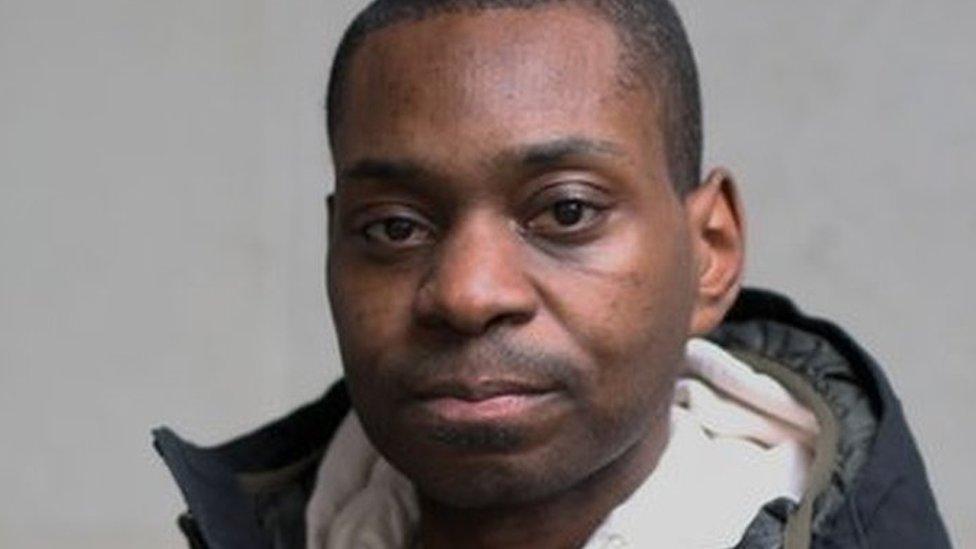
- Published12 March 2020
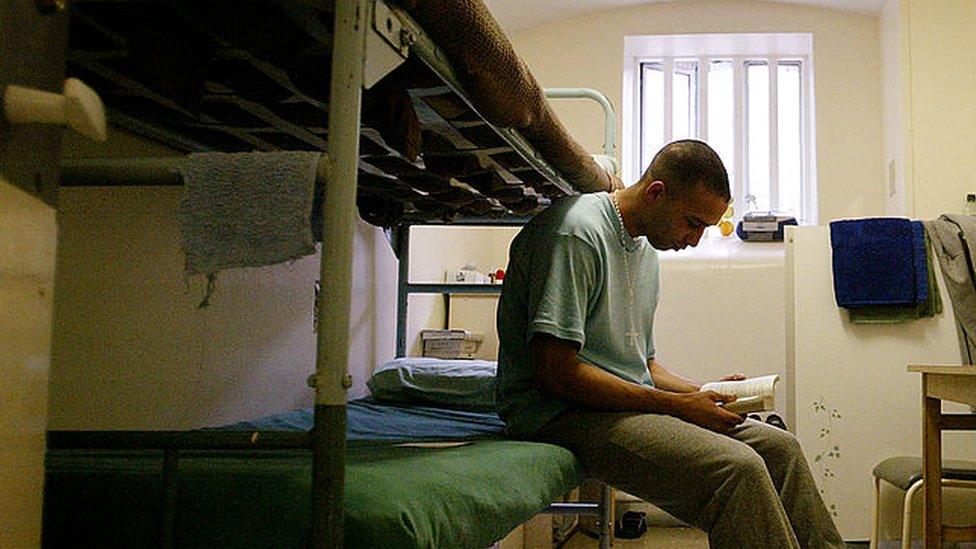
- Published26 September 2023
